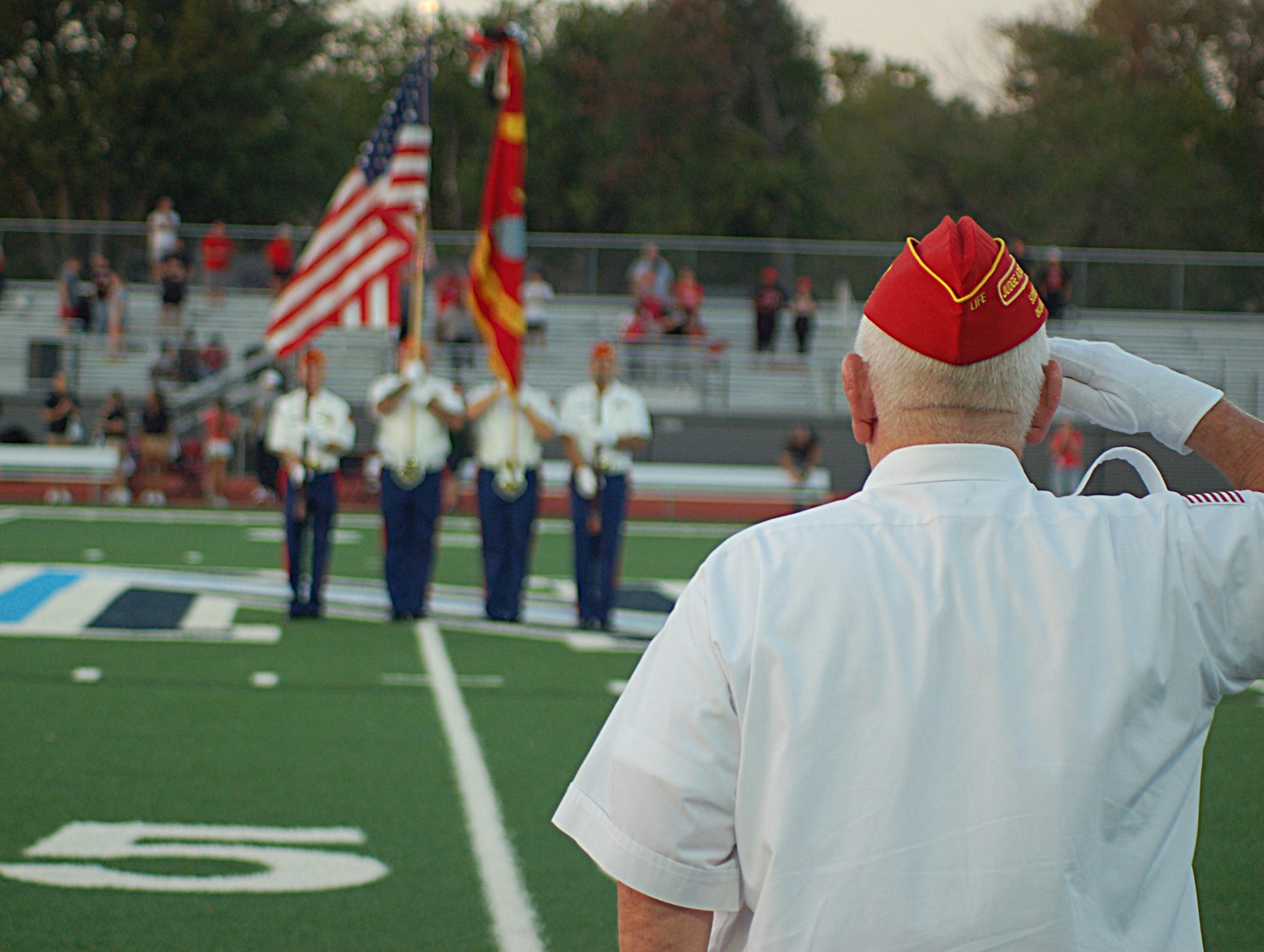Finding stable, affordable housing becomes more urgent as people age or transition out of military service. For seniors and veterans, the challenge often goes beyond cost. Safety, accessibility, and long-term support play a major role in choosing the right housing option. Fortunately, there are programs across the United States designed to meet these needs. Many operate outside the traditional rental market and offer more flexibility than most people realize.
Supportive Services for Veteran Families (SSVF)
Veterans facing housing instability may qualify for the Supportive Services for Veteran Families program. This initiative helps very low-income veterans and their families avoid eviction, find new housing, or get rehoused quickly if they are already homeless.
SSVF offers more than financial assistance. It provides case management, help with landlord negotiations, and connections to other services such as employment support or mental health care. To qualify, you must be a veteran or part of a household headed by a veteran or their spouse, and you must be at risk of homelessness.
To apply, contact the National Call Center for Homeless Veterans at 877-424-3838. They will connect you with a local SSVF provider who can assess your situation and begin the intake process.
VA Housing Assistance and Home Loans
Veterans who want to buy, refinance, or modify a home may be eligible for VA-backed housing benefits. These include:
- VA Home Loans, which are available to eligible veterans, service members, and surviving spouses. These loans often require no down payment and offer competitive interest rates.
- Adapted Housing Grants, which help veterans with service-connected disabilities modify their homes for accessibility.
- Foreclosure Avoidance Help, which supports veterans struggling with mortgage payments and helps them stay housed.
These benefits are managed through the U.S. Department of Veterans Affairs. Eligibility depends on service history, duty status, and disability rating. You can start by requesting a Certificate of Eligibility through the VA’s housing portal.
State Veteran Homes and Residential Communities
Veterans who need long-term care or assisted living may consider state-run veteran homes. These facilities are jointly operated by the VA and individual states. They offer varying levels of care, including independent living, skilled nursing, and memory care.
Some homes are exclusively for veterans, while others accept non-veteran residents as well. Admission requirements vary by state, but most prioritize veterans with service-connected disabilities or low income.
In addition to state homes, the VA also contracts with community residential care facilities. These are privately operated but meet VA standards for quality and oversight. They are ideal for veterans who need support but prefer to live outside a government-run facility.
Affordable Housing for Seniors
Seniors aged 62 and older may qualify for housing programs that offer reduced rent, accessibility features, and supportive services. These include:
- Section 202 Supportive Housing for the Elderly, a HUD program that funds nonprofit organizations to build and manage housing for low-income seniors. Many properties include on-site service coordinators, transportation assistance, and wellness programs.
- Privately Owned Subsidized Housing, where some apartment complexes receive federal subsidies to offer reduced rent to seniors. These units are not age-restricted but often prioritize older adults.
- Public Housing for Seniors, which is managed by local housing authorities. These units are reserved for low-income seniors and may include accessibility upgrades and community programming.
To apply, contact your local housing authority or use HUD’s housing locator to find senior-friendly properties in your area.
Additional Support Services
Both seniors and veterans may benefit from housing counseling, legal aid, and utility assistance. Many states offer programs that help with:
- Rent and utility payments
- Home repairs and weatherization
- Legal support for eviction prevention
- Transportation to medical appointments or grocery stores
Calling 211 or visiting your state’s housing department website can help you find these services. HUD-approved housing counselors are also available to guide you through applications and eligibility requirements.
Veterans and seniors face unique housing challenges, but they also have access to targeted support that many renters do not. Whether you are looking to stay in your current home, transition to assisted living, or secure affordable rent, there are programs designed to meet your needs.


Leave a Reply